 Is it okay for parents to scare their children straight?
Is it okay for parents to scare their children straight?
P&C review Crowhill’s Kentucky Common, then discuss Wrinkles the Clown.
Parents have been heard to say, “We don’t spank, we use the discipline clown.”
E.g., “You’d better be good, or I’ll call Wrinkles.”
“Hello, Wrinkles,” [child wailing in the background], “I have some very bad children here.”
The story of Wrinkles is very interesting, and more complicated than you might think. What should we think of a clown designed to scare children?
 Where did we get the idea of re-animated corpses?
Where did we get the idea of re-animated corpses?  Just in time for Halloween, the boys review a classic horror story
Just in time for Halloween, the boys review a classic horror story  Is there any benefit to roughing it for a while?
Is there any benefit to roughing it for a while? 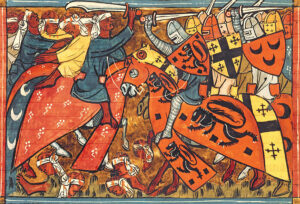 Are they as bad as people usually think, or is there more to it?
Are they as bad as people usually think, or is there more to it? 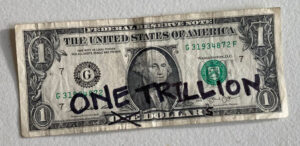 What the heck does Biden want to spend all this money on?
What the heck does Biden want to spend all this money on? 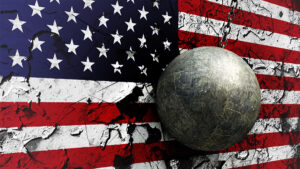 P&C drink and review a homebrewed porter, then discuss how to destroy America.
P&C drink and review a homebrewed porter, then discuss how to destroy America. 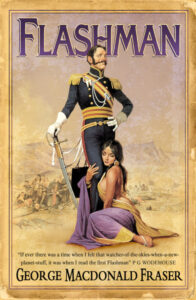 P&C drink and review Crowhill’s Tavern Ale, then discuss a local story that went national. The Flashman Incident.
P&C drink and review Crowhill’s Tavern Ale, then discuss a local story that went national. The Flashman Incident. 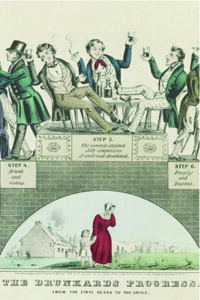
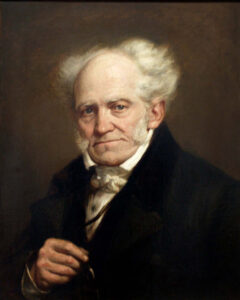 P&C welcome the Ben Franklin Players, who perform a skit called “Schopenhauer’s Evangelist.” Then they drink and review Cigar City’s Margarita Gose.
P&C welcome the Ben Franklin Players, who perform a skit called “Schopenhauer’s Evangelist.” Then they drink and review Cigar City’s Margarita Gose.